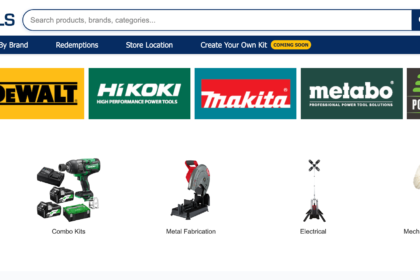In today’s digital world, businesses often rely on emails, chats, or social media to connect with clients. But phone calls are still one of the most powerful tools for client engagement. A phone call adds a personal touch that can help build trust, answer questions quickly, and create lasting relationships.
Whether you’re calling a new lead or checking in with an existing customer, mastering phone-based client communication can make a big difference in your business success. Read on!
Why Phone Engagement Still Matters
Even with all the new ways to communicate, clients often value hearing a real voice. A phone conversation allows for quick feedback, real-time problem-solving, and human connection. It’s easier to sense a person’s tone, ask follow-up questions, and keep the conversation moving.
For businesses, phone calls can help close deals faster, solve issues before they grow, and keep clients happy. That’s why having a good phone strategy matters.
Key Tips for Better Phone Communication
If you want to improve client engagement by phone, here are some simple tips to follow:
Prepare Before You Call
Before picking up the phone, make sure you know who you’re calling and why. Have notes ready about the client or their past interactions with your company. This helps you sound professional and focused.
Start with a Friendly Greeting
First impressions matter. Begin the call with a warm, polite tone. Say your name, your company, and the reason for the call. For example:
“Hi, this is Sarah from BrightTech. I’m calling to follow up on the email we sent yesterday about your service upgrade.”
Listen More Than You Talk
Good communication is a two-way street. Ask open-ended questions and listen to the answers. This shows you care about the client’s needs and helps you offer the right solution.
Stay Positive and Confident
Your tone matters just as much as your words. Even if the client is upset or confused, stay calm and helpful. Speak clearly and with confidence.
End with a Clear Next Step
Before hanging up, make sure both sides know what will happen next. Will you send a follow-up email? Schedule another call? Setting clear expectations helps build trust.
Using Cold Call Training to Build Skills
Not everyone feels comfortable making calls, especially to new leads. That’s where cold call training comes in. It teaches your team how to start conversations, handle rejection, and guide the call toward a goal.
With proper training, your staff will feel more confident and capable. They’ll learn how to turn cold calls into warm leads, and even into paying clients. Cold call training is also great for improving communication skills in general, which helps with all types of phone interactions.
Keep Practicing and Improving
Like any skill, phone-based engagement gets better with practice. Encourage your team to role-play phone calls, listen to recorded calls, and ask for feedback. Over time, they’ll become more natural and effective on the phone.
You can also track call results-such as how many leads turned into clients-to see what’s working and what needs improvement.
Make Every Call Count in Phone-Based Client
Mastering the art of phone-based client engagement can take your business to the next level. Whether you’re building relationships, solving problems, or closing sales, phone calls offer a personal and powerful way to connect.
With preparation, practice, and training-especially in areas like cold call training you and your team can turn every phone call into a business opportunity.
For More Information Visit Timelymagazine








